“The summer wind came blowing in from across the sea.”
The first line from my favorite Frank Sinatra song has seemed prophetic in recent weeks. Late summer has been a busy time for the Alabama Best Practices Center and our professional learning partners and colleagues around the state. In August, we held two institutes for mentors and the first series of Key Leaders Network meetings. And then, of course, came the hurricanes.
Mentoring Institutes in August
In August, we supported a workshop for mentors and their liaisons early in the month, and again for a second group a few weeks later. We love having the opportunity to facilitate a session, pay attention to the feedback, and make adjustments—both in real time and after the session concludes. As a result, the second mentoring institute was a bit different from the first, based on what we learned. (Click here to download the latest version of guiding questions.)
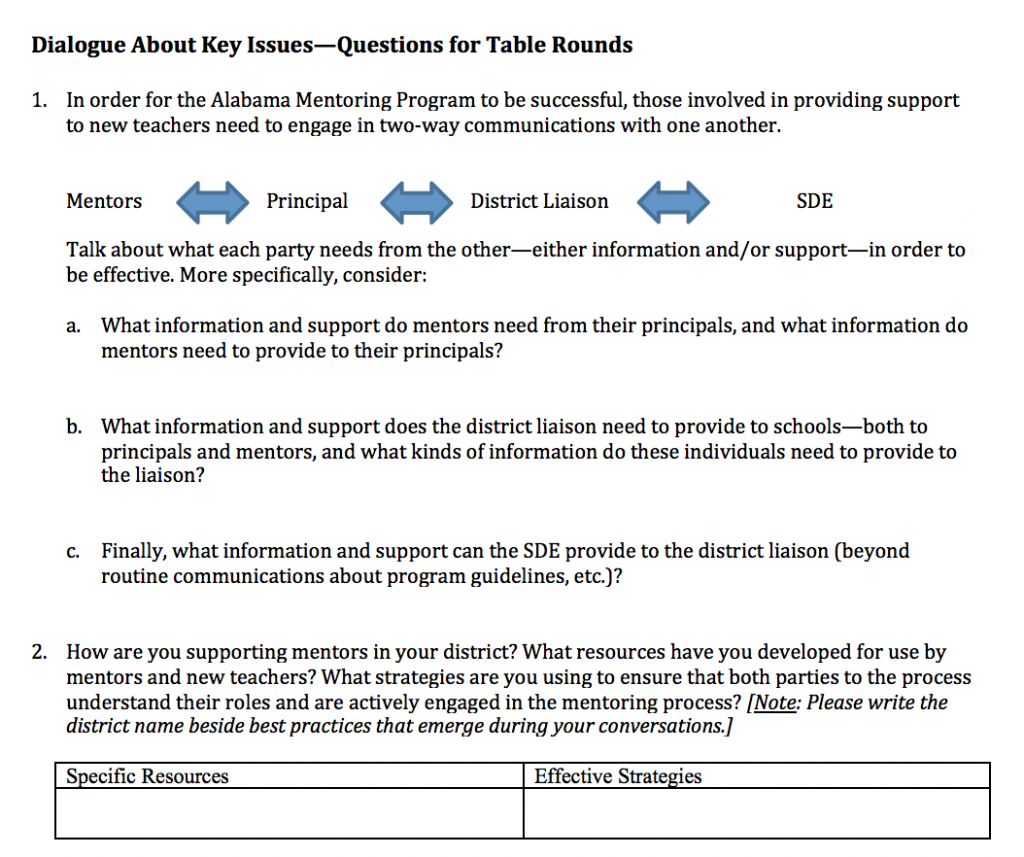
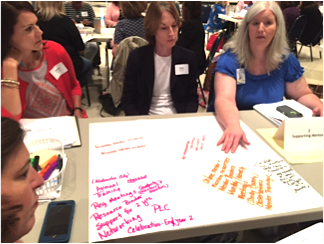 The summer wind wreaked havoc with the second institute. Hurricane Harvey was making its way from Texas and was predicted to “clip” the edge of Northwest Alabama sometime in the late afternoon. So, while we started with 117 people, the crowd dwindled to 30 by 2:30.
The summer wind wreaked havoc with the second institute. Hurricane Harvey was making its way from Texas and was predicted to “clip” the edge of Northwest Alabama sometime in the late afternoon. So, while we started with 117 people, the crowd dwindled to 30 by 2:30.
People left apologetically as their districts decided on early releases. And we certainly understood. We believe in safety first!
In spite of the early departures, it was a good day of learning, full of resources and tips for mentor liaisons and teacher mentors. We also launched a twitter hashtag devoted to mentoring, which I invite you to visit and add to: #almentoringmatters. Here are a few of the contributed tweets so far (click to find out more).
Launching Key Leaders Network 2017
This year, we are using The Internal Coherence Framework as our guiding text for the Key Leaders Network. As one of my previous blog posts explained, this is a great book with quite a daunting title.
Written by three Harvard Graduate School of Education graduates (with a foreword by Richard Elmore, one of my favorite education thinkers) the book provides a framework to help schools and districts focus on those initiatives and activities that will improve teaching and learning.
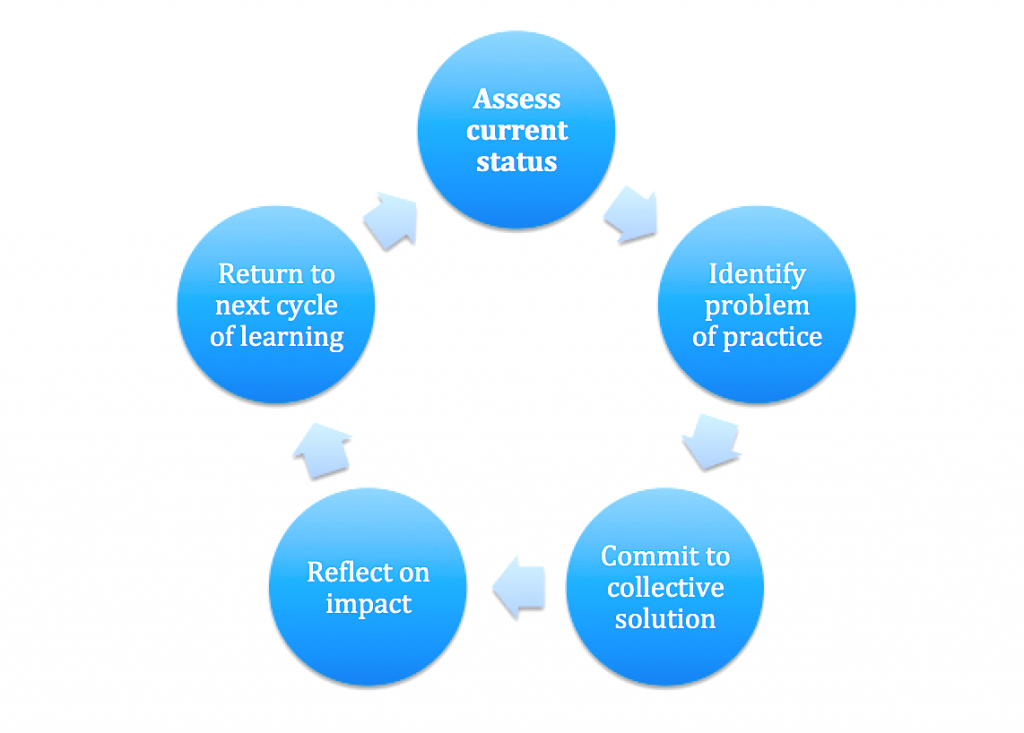
The book suggests a cycle that can be used by schools and districts to bring greater coherence to their work. The photo below captures one of the examples from the Institute of a team’s prediction of the Internal Coherence Framework.
The framework focuses on four major components: Leadership Practices, Organizational Practices, Efficacy Beliefs, and Student Achievement. One big aha for me was this insight from component One, Leadership Practices:
“The framework shifts the focus on leadership away from general leadership characteristics, or leadership style, to the specific practices that educational leaders can use to improve instruction. This focus helps to make abstract ideas like distributed leadership and leadership for learning concrete and actionable by describing what leaders can do to share leadership” (p. 5).
My beliefs about Organizational Practices were affirmed when reading this excerpt:
“The evidence suggests that organizations are more successful when they build capacity for learning and leadership broadly and create a safe environment for experimentation. Teams can serve as an essential structure for supporting organizational learning” (p. 5).
The third and fourth components are self-reinforcing as teachers’ beliefs about their own efficacy lead to more student achievement. Then, as students learn at higher levels because of teacher efficacy, that efficacy—both individual and collective—grows. As the authors explain…
“When teachers believe that they can generate high levels of student learning, they are more likely to engage in productive teaching behaviors like maintaining a supportive learning environment, enacting inclusive instructional strategies, and taking responsibility for student learning outcomes. As a result, teachers with positive efficacy beliefs consistently produce higher levels of student learning than do teachers without this faith in their ability to generate desired change.”
Two Institutes Led by Elisa MacDonald
 Elisa MacDonald, the author of The Skillful Team Leader, a book we’ve used with the Instructional Partners Network, visited Alabama earlier this month to conduct a one-day Vertical Team Institute and a two-day Skillful Team Leader Institute.
Elisa MacDonald, the author of The Skillful Team Leader, a book we’ve used with the Instructional Partners Network, visited Alabama earlier this month to conduct a one-day Vertical Team Institute and a two-day Skillful Team Leader Institute.
At both institutes, Elisa presented the following matrix, which describes four different types of team behavior. She suggested that the most perplexing team falls in quadrant II, where you have team members seemingly working together well, but not focusing on those things that improve teaching and learning.
Both the Vertical Teaming Institute and the two-day Skillful Team Leader Institute were highly engaging and thought-provoking. For example, MacDonald suggested that skillful team leaders pay particular attention to the following six categories:
- Collaboration
- Leadership
- Goals
- Facilitation
- District-school-team culture
- Implementation and continuous learning
She also led us through the Skillful Team Leader High-Impact Goal Setting Process:
- Phase One—Set a direction.
- Phase Two—Name your student-learning starter goal and teacher pathways to achieve it.
- Phase Three—Target your goal for specific student needs.
- Phase Four—Lead collaborative inquiry and learning.
Elisa also involved participants in improvisation, asking them to act out scenarios ranging from an instructional coach informing the principal that s/he did not feel prepared to be a coach to a scenario where a teacher suggested to an instructional coach that several of her students just couldn’t learn and needed to be treated as such. Such powerful dialogue and insights emerged from these improvs!
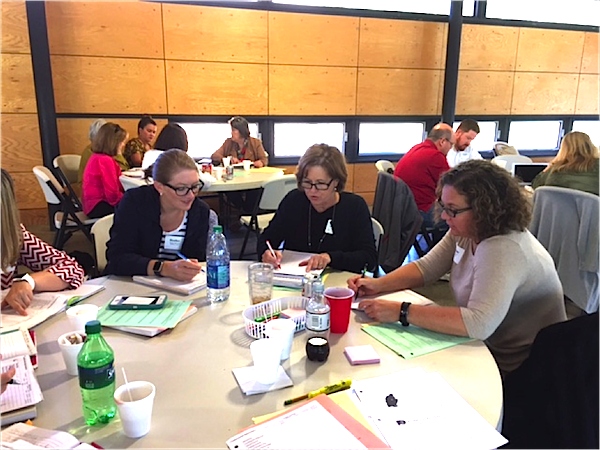

A Powerful Breeze
For the most part, the summer “wind” brought powerful learning to our ABPC programs and participants. As I wrote this, I found myself unexpectedly in our Montgomery offices, waiting to see how much impact Hurricane Irma, now reduced to a tropical storm, would have on our state. One result of Irma’s visit has been the cancellation of our first Cognitive Coaching Institute session, which is now rescheduled for November.
Through wind and rain and other challenging weather, our opportunities to collaborate will push forward. We love gathering with all our brilliant and determined education colleagues to dive deep. We are truly better together. See you next time!
What summer and start-of-school learning experiences did you have? Please share something you learned here or at one of these Twitter locations: #alpartners, @al_bpc or #almentoringmatters.

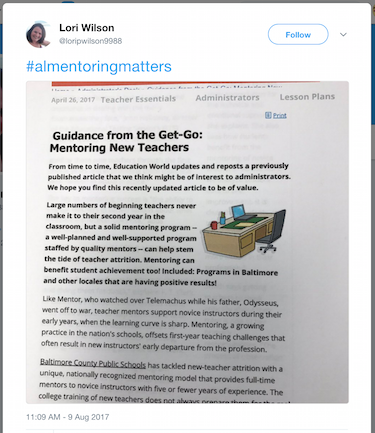
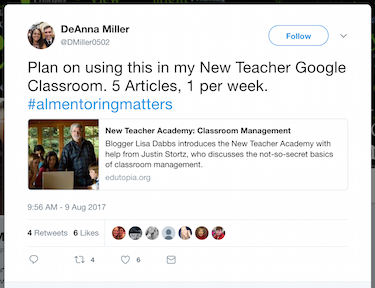
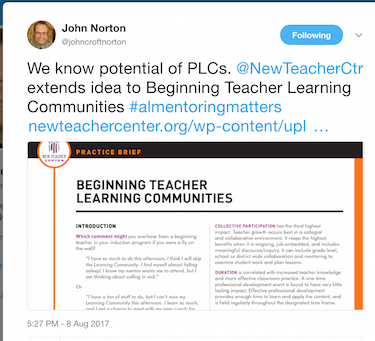
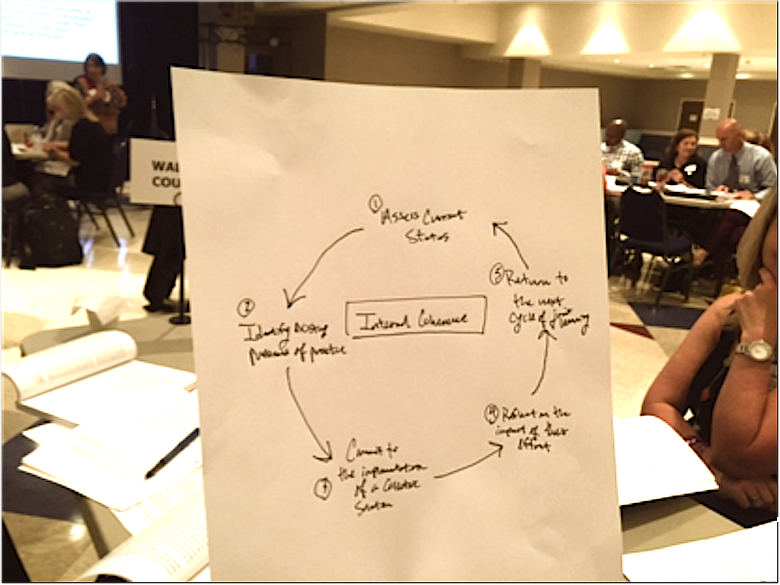
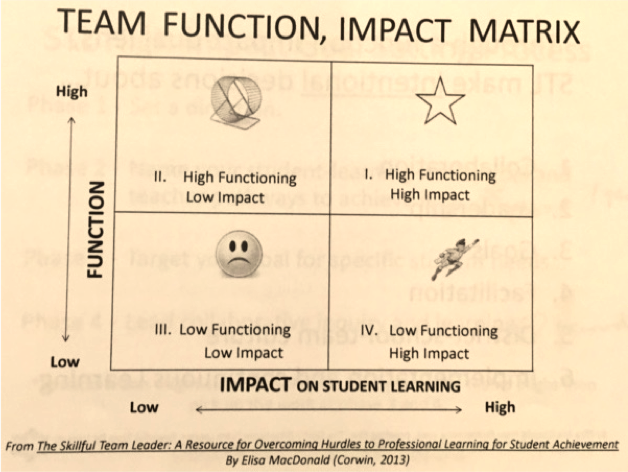

0 Comments on "Amid Summer Winds, Our Learning Season Begins Anew"